Recently, I had an unusual idea I’d like to discuss here, especially regarding its technical feasibility within the Ethereum ecosystem.
Core Concept:
What if every user ran their own personal blockchain?
Potential Advantages:
- Complete Data Control & Sovereignty: Users fully own their network and data. No central servers can control access, censor, or read private communications.
- Immutability & Cryptographic Integrity: Data (message history, files, records) is written to the blockchain, ensuring tamper-proof logs and verifiable authenticity.
- Flexibility & Programmability: App logic (chat rules, encryption, monetization) is defined by customizable smart contracts.
- Simplified Trust Model (POA Nuance): Owners handpick trusted validators for their own chain. Trust in contacts is only needed for data replication, not chain validation.
- Ethereum Ecosystem Compatibility: Uses EVM, smart contracts, RPC, and standard dev tools (Truffle, Hardhat), easing development.
- Decentralized Storage: Data is stored physically with users and their contacts (via replication).
- Platform for App Ecosystems: Messaging is just the start! This architecture enables user-controlled dApps:
- Blogs/Social Feeds: Immutable posts, subscriptions (replicating chains), on-chain comments.
- IoT Device Control: Devices act as validators/mini-chains; sensor data/commands live on-chain.
- Personal DAOs/Project Management: Voting, treasuries, and task tracking within your chain.
- Decentralized Identifiers (DIDs): Your chain serves as a root-of-trust for credentials. → Key Value: Users gain a personal platform to deploy any dApp while controlling its logic and data via smart contracts.
Use Case Example: Decentralized Messenger (à la WhatsApp/Telegram)
- User A: Runs a node (e.g., modified Geth) with Proof of Authority (POA) consensus. This node operates their personal chain (unique
chainId, e.g.,10001). - App Logic: Chat functionality (messaging/contacts) is implemented via smart contracts on their chain.
- Client: A mobile/desktop app interacts with their node via RPC.
- Inviting a Friend (User B): User A asks User B to install the app.
- User B: Runs their own app instance and node with a separate personal chain (e.g.,
chainId=10002). - "Friending" & Sync: Users exchange node info (
enode URL,chainId). Technically:- Node A connects to Node B and replicates B’s chain state (
chainId=10002). - Node B connects to Node A and replicates A’s chain state (
chainId=10001). - User A’s app displays messages from B’s chain (and vice versa). Sending a message = calling a contract on the sender’s own chain.
- Node A connects to Node B and replicates B’s chain state (
- Validation (Key POA Nuance): The chain owner (A/B) is its sole/primary validator. They can delegate validation rights only to trusted parties (family) for their specific chain to ensure uptime. Crucially: Validators of Chain B have no rights on Chain A.
Top Technical Challenge:
Reliable mobile peer-to-peer interaction (NAT traversal, OS background restrictions, battery drain). Experience with libp2p on mobile highlights this complexity.
Tradeoffs, Questions & Future Development:
- Storage Scalability: How to store full copies of all contacts' chains on mobile? (Solutions: Pruning, light clients? Light clients are challenging for POA).
- Performance & UX: Message send/receive speed (block confirmation), "instant" feel.
- Management Complexity: Validator keys, chain backups, node setup — a barrier for non-technical users.
- Security: Smart contract vulnerabilities in a personal chain could compromise all data.
- Feasibility: How deep must Ethereum clients (Geth/Nethermind) be modified? Are there tools for multi-chain management?
- Ecosystem Growth: How to streamline dApp diversity beyond messaging? What standards (contract interfaces, service discovery) enable cross-chain app interoperability (e.g., chat ↔ file storage)? Can secure bridges between personal chains enable advanced use cases?
- Alternatives: How does this outperform existing P2P solutions (Status, Matrix, Briar, SimpleX) or L2s for each app type?
I’d love your thoughts! Especially on:
- Technical feasibility (P2P, storage, multi-chain support).
- Pros/cons vs. alternatives for various dApp types.
- Specific dApp ideas for this platform (beyond messaging!).
- Existing projects with similar architectures.
- Solving core challenges (P2P, UX, scalability).
[link] [comments]

You can get bonuses upto $100 FREE BONUS when you:
💰 Install these recommended apps:
💲 SocialGood - 100% Crypto Back on Everyday Shopping
💲 xPortal - The DeFi For The Next Billion
💲 CryptoTab Browser - Lightweight, fast, and ready to mine!
💰 Register on these recommended exchanges:
🟡 Binance🟡 Bitfinex🟡 Bitmart🟡 Bittrex🟡 Bitget
🟡 CoinEx🟡 Crypto.com🟡 Gate.io🟡 Huobi🟡 Kucoin.

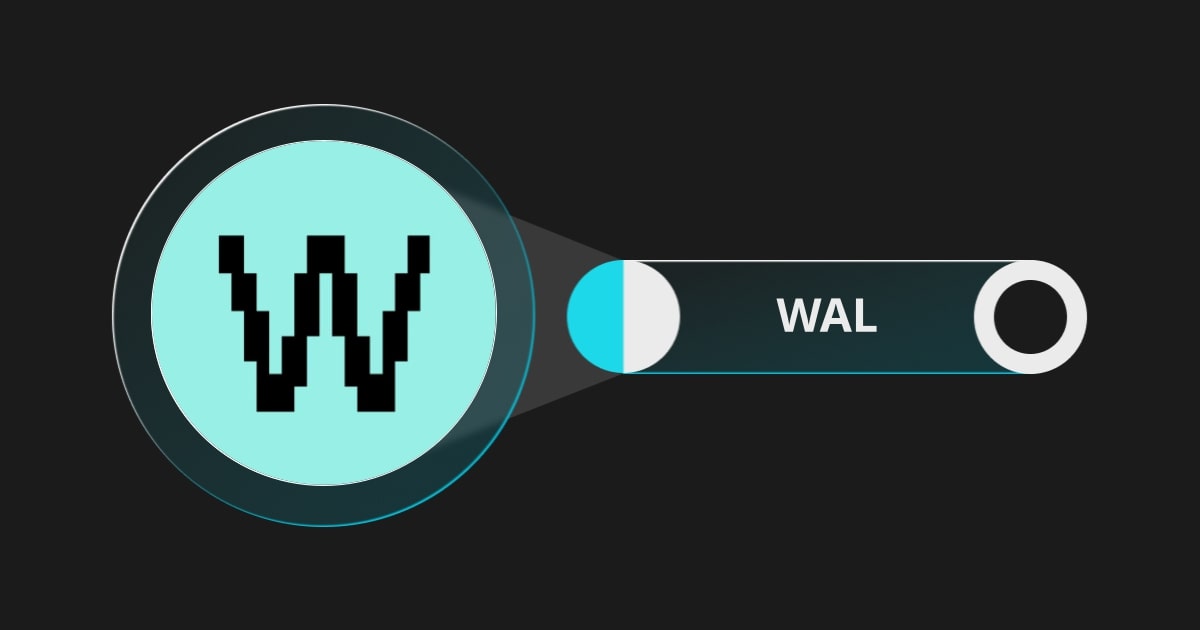



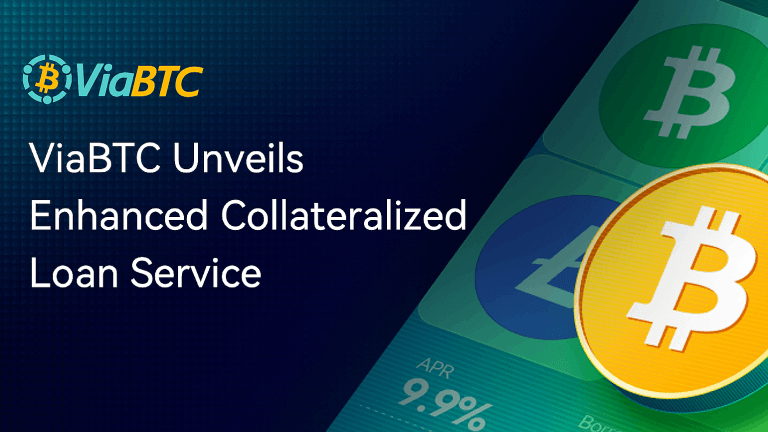



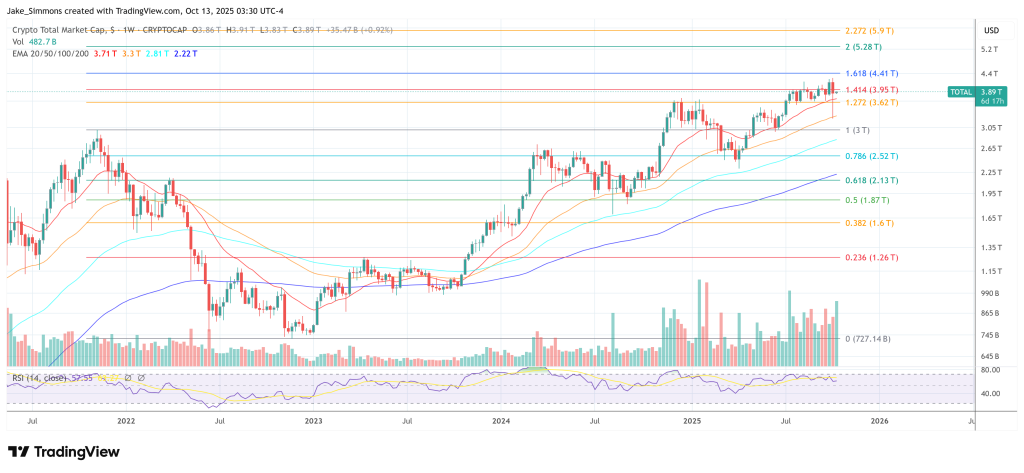
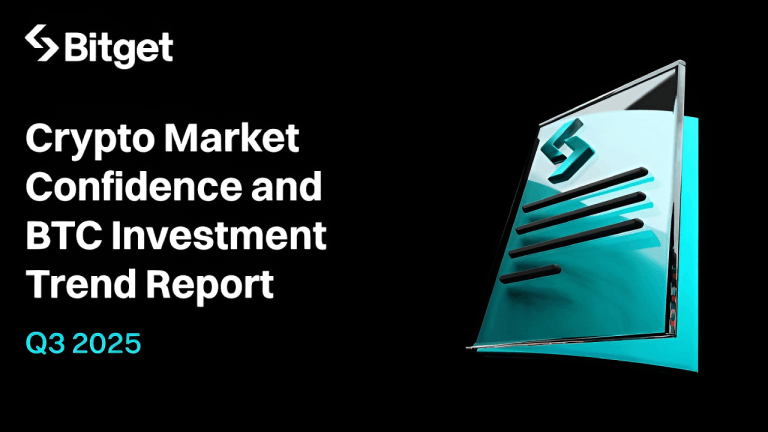
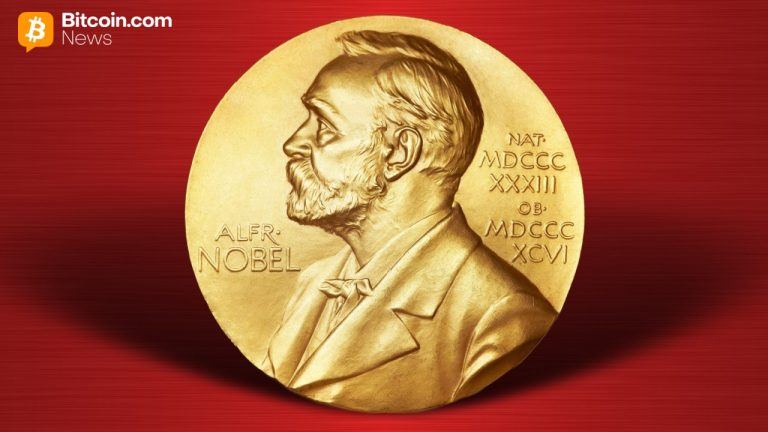
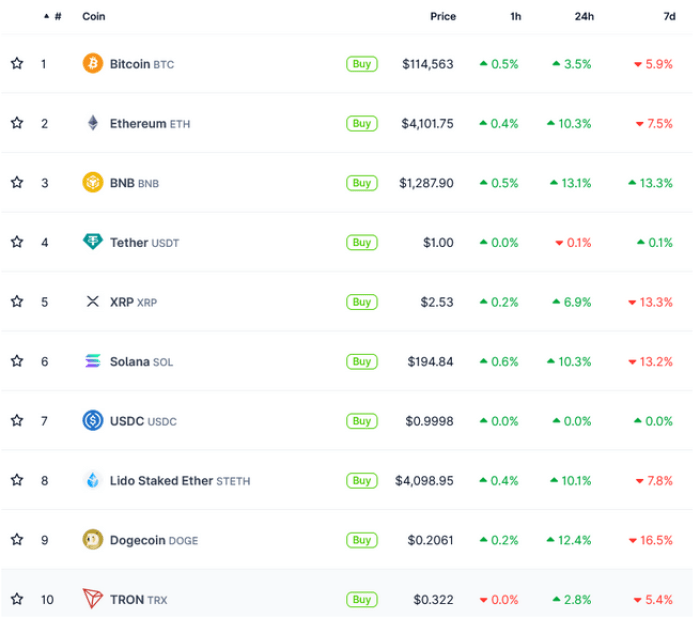



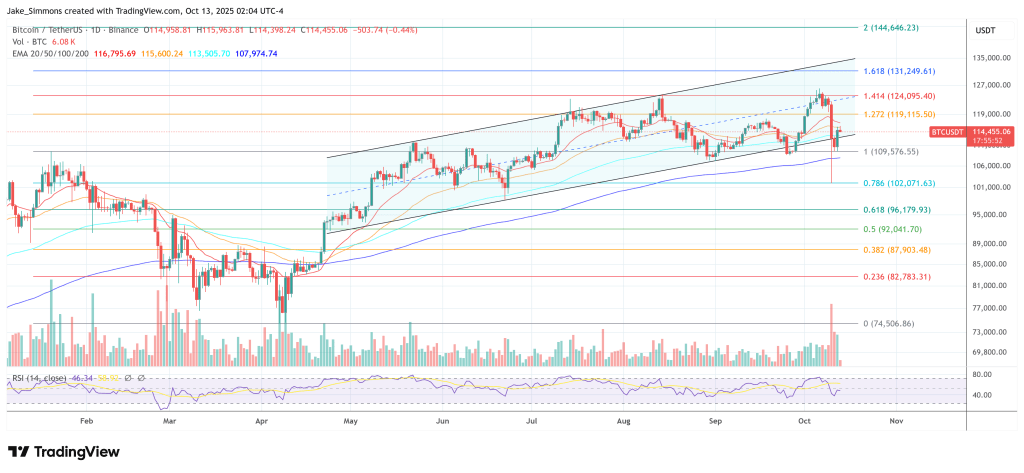

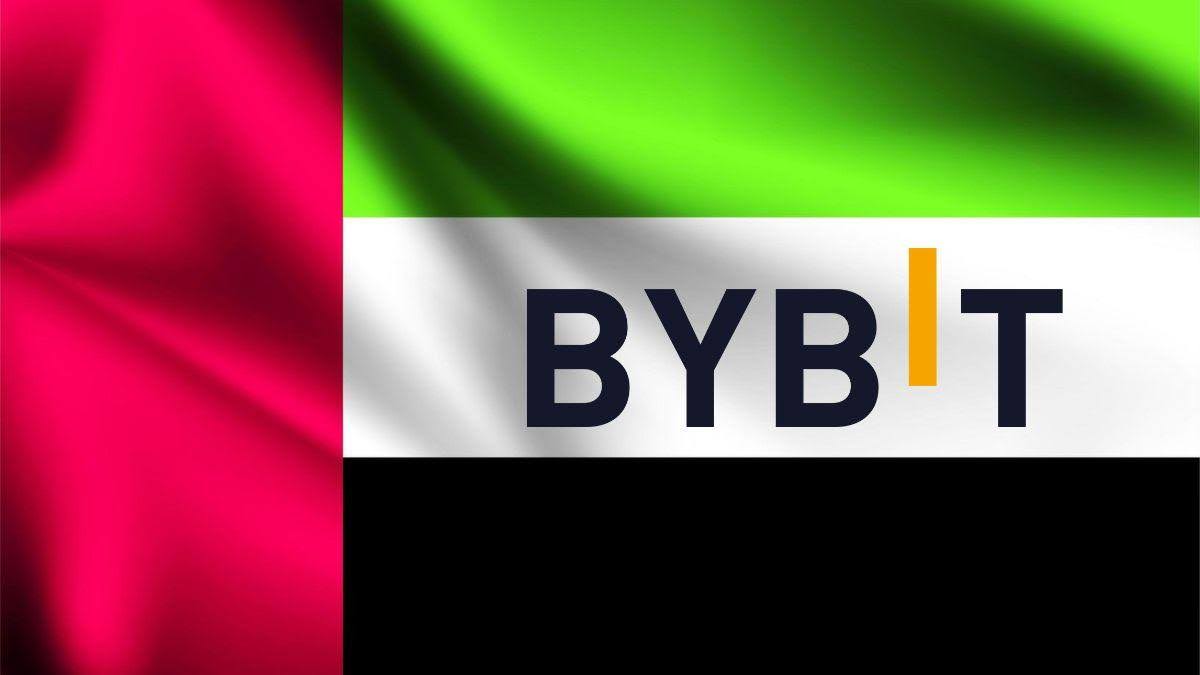

Comments